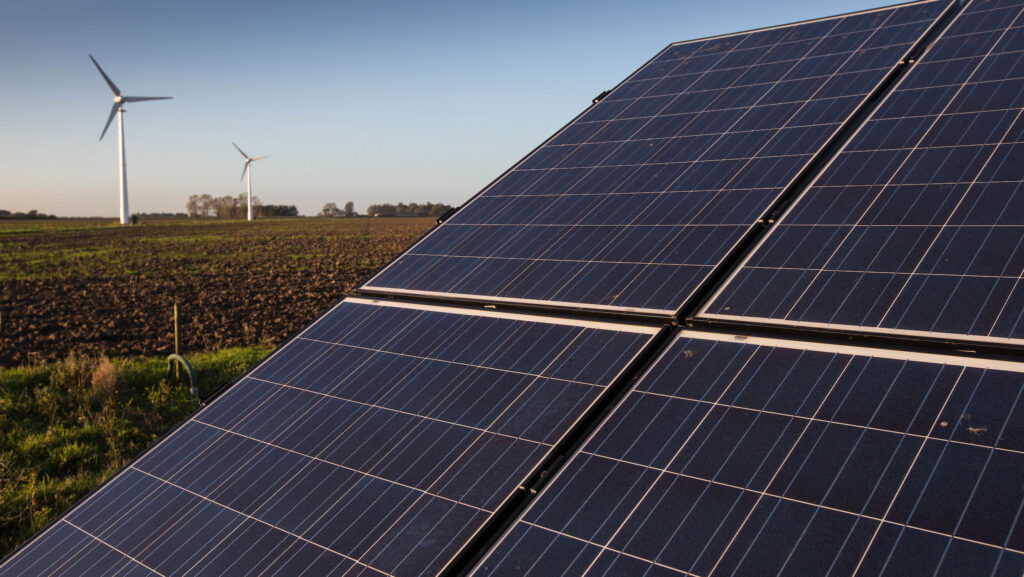Three large solar farm approvals stir food security debate
 © Tim Scrivener
© Tim Scrivener The approval of three new large solar farms in the East of England by the Labour government has intensified the debate between balancing food and energy security.
The projects, located at Mallard Pass in Rutland and Lincolnshire, Sunnica in Suffolk and Cambridgeshire, and Gate Burton in Lincolnshire, will collectively generate 1.4GW of power, enough to supply electricity to 406,994 homes.
Responding to the news, NFU president Tom Bradshaw said the government must “strike a careful balance between our food security and renewable energy ambitions”.
See also: Huge solar farm plan a ‘threat’ to prime farmland
He added: “Renewable energy production is a core part of the NFU’s net zero plan and solar projects can offer a good diversification option for farmers.
“Utilising roofs and farm buildings for solar should also be incentivised as it delivers a sustainable method of energy production while avoiding any land use conflict.”
Energy secretary Ed Miliband, who has promised to triple the amount of solar power in the UK by 2030, said: “Some of these cases had been held up for months before I arrived in the department. They were put on my desk on Monday and I’ve made a decision in three days.
“This is the speed we’re working at to achieve energy independence, cut bills for families and kickstart green economic growth.
“We will make tough decisions with ambition and urgency – all part of our plan to make the UK a clean energy superpower.”
The Sunnica solar farm, spanning an area equivalent to 2,115 football pitches, will be more than 12 times larger than the current largest solar facility in the UK, Shotwick Solar Park in North Wales.
Mr Miliband has also unveiled plans for a “solar rooftop revolution” to fully realise the country’s potential to produce solar energy on rooftops at both residential and commercial scale.
Conservative anger
But critics argue that large-scale solar farms, like the three approved, occupy vast tracts of agricultural land that could otherwise be used for food production.
Nick Timothy, Conservative MP for West Suffolk, described the decision to grant Sunnica approval for its solar and battery farm as “an insult to all the communities it affects”.
Alicia Kearns, Conservative MP for Rutland and Melton, said on X she was “utterly appalled” by Mr Miliband’s decision to approve the Mallard Pass Solar Plant for construction.
Shadow energy secretary Claire Coutinho warned: “Climate policy cannot come at the expense of struggling families, or the nation’s food or economic security or it will fail.”
Labour pledged in its election manifesto to create GB Energy, a new state-owned clean energy company, to “harness the power of Britain’s sun, wind and waves” and cut energy bills to reduce the country’s reliance on fossil fuels from abroad, including Putin’s Russia.
Rooftop solar
The Campaign to Protect Rural England (CPRE) says its research shows that the UK’s solar energy generation targets could be exceeded by installing solar panels on our homes, suitable commercial buildings and large car parks.
Paul Miner, CPRE head of planning and policy, said: “Rooftop solar is a common-sense solution that’s staring us in the face.
“Rather than just allowing more and more solar farms on greenfield land, we must unlock the potential that our millions of roofs have to generate huge amounts of clean and sustainable energy.”
